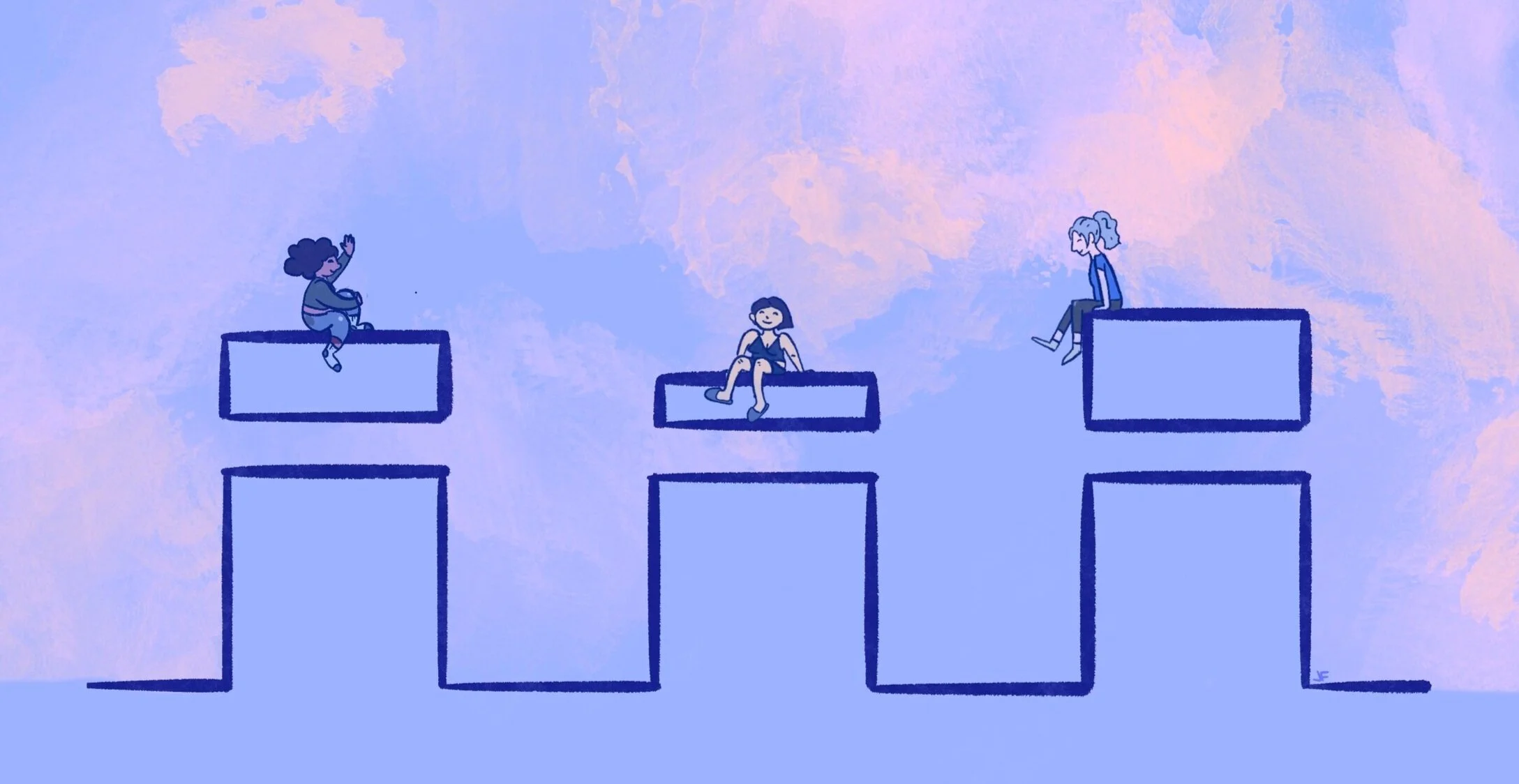What You Need To Know About Being A Socially Conscious Stoner
April 2020 was supposed to be a stoner’s dream. It’s 4/20 all month!
We’re all stuck inside thanks to the pandemic, so weed consumption has become more frequent for the indulgers among us. Case in point: cannabis sales jumped 50 percent last month, per the New York Post.
There’s something bittersweet about this year’s 4/20. There’s only so much Animal Crossing you can play while stoned, right? Part of the joy of the holiday, if you call it that, is being able to enjoy the spring weather among friends. That’s off the table right now.
We want to offer a modest proposal for those of you celebrating 4/20 next week: Take some time to learn about how the War on Drugs and subsequent mass incarceration in the United States have disproportionately affected communities of color, and what we can do to change that.
And, if you have some extra cash on hand right now, donate it to one of the bail funds we highlight later in this article.
A Brief History Lesson
Cannabis was criminalized in the early 1930s, mostly in response to a wave of Mexican immigration to the United States following the Revolution of 1910, per Eric Schlosser’s 1994 article for the Atlantic, Reefer Madness. The article says that prejudice toward the Mexican immigrants extended to their intoxicant of choice: cannabis.
That prejudice extended to African American and Hindu people, among other minority groups, NPR’s Code Switch noted in 2013.
And so, criminalization was born. Richard Nixon’s War on Drugs ramped up this rhetoric: drug arrests, particularly in black communities skyrocketed, and sentences for drug offenses like cannabis possession were subject to mandatory minimums.
One Nixon administration official admitted back in 1994 that the War on Drugs was created to criminalize black people, Vox reported in 2016.
The War on Drugs has had lasting effects on incarceration and policing. According to Pew, in 2018, 40 percent of drug arrests in the United States were for cannabis-related offenses, mostly possession. And, according to the Drug Policy Project, as of 2016, 456,000 people were incarcerated for drug-related offenses. What’s more is that, per the ACLU, black people are over three times more likely to be arrested on cannabis-related charges than white people, despite similar usage rates.
The history of weed in the United States is complex and far more detailed than we can get into in this newsletter. If you’d like to do further learning, check out Emily Dufton’s Grass Roots: The Rise and Fall and Rise of Marijuana in America and Grass is Greener on Netflix.
Bail Funds
We know that money is tight right now. But we also know that a lot of you are planning to donate a portion of your stimulus checks. Consider funneling some of that money to a local bail fund. Bail funds help to pay bail and bonds for people who can’t afford to, with the goal of ending pretrial detention. This is more important now than ever, as people who are imprisoned are at higher risk of contracting coronavirus given the living conditions.
The National Bail Fund Network is a directory of local bail funds. If you plan to partake on 4/20, donate some money to your local fund.
Beyond bail funds, support expungement — removing cannabis convictions from records. Learn more about it here.
Ethical Purchasing
When you buy cannabis and smoking accessories, try to source it from locally-owned businesses. Better yet, buy from local black-owned businesses. Think about avoiding big companies that have eaten up market share in legal states (especially MedMen).
Consuming cannabis in a state where it’s not yet legal means the business practices of your dealer may not be ethical. Do what you can to learn about how your bud is sourced.
Tipping
Tip your dealer. Especially now, as they’re taking risks to deliver weed during the pandemic. Twenty percent is a good start, but consider going higher in these special circumstances.
Some Celebratory Suggestions
Even if you don't partake, view the following as ideas for passing the time this weekend. Scroll @ifyouhigh and @dopegirlszine on Instagram. Rewatch Broad City, catch up on High Maintenance. Turn on some old school music videos on Youtube (Madonna and Prince are GOLD). Get lost in the New Yorker’s free online Jigsaw puzzle.

